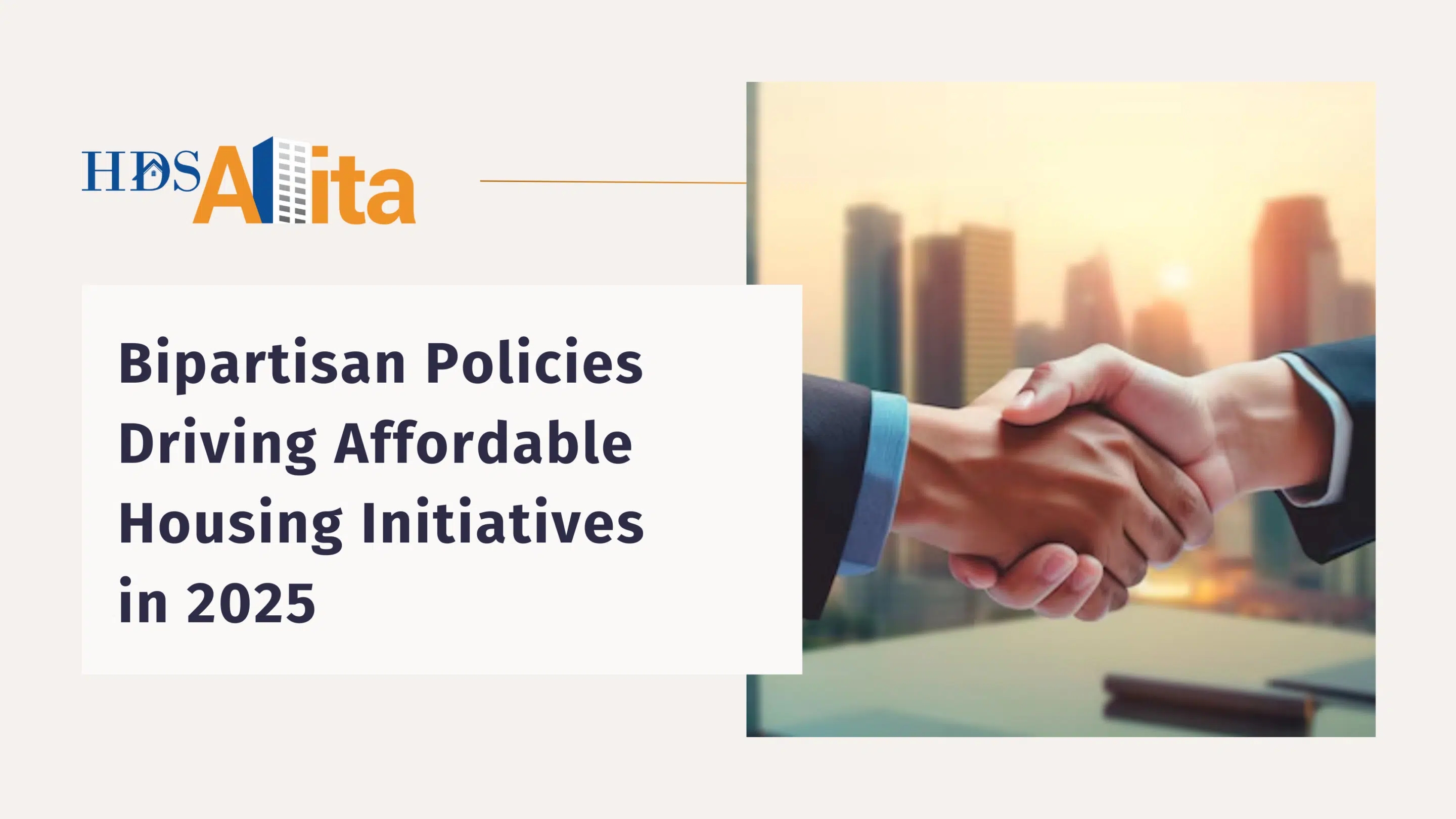The new affordable housing legislation is gaining bipartisan traction in Congress. This shift signals hope for meaningful progress, as lawmakers recognize the urgency of addressing housing instability. In 2025, legislative efforts are focusing on increasing funding, reforming zoning laws, and enhancing community resilience—measures that could significantly impact Housing Finance Agencies (HFAs), affordable housing nonprofits, and city and state organizations working to provide sustainable housing solutions.
Increased Funding for Housing Finance Agencies
A key focus of the new affordable housing legislation is the expansion of funding for HFAs. These agencies play a pivotal role in managing affordable housing programs, including the Housing Choice Vouchers (HCV) and the Low-Income Housing Tax Credit (LIHTC). According to the National Low Income Housing Coalition, the HCV program alone assists over 2.5 million households annually yet demand far exceeds supply. Legislative proposals are calling for a substantial increase in federal funding to expand these programs, ensuring more families have access to safe, affordable housing, particularly in high-demand urban areas.
In addition, the Affordable Housing Credit Improvement Act (AHCIA) aims to strengthen LIHTC by increasing tax credit allocations by 50%, potentially financing an additional 1.94 million affordable housing units over the next decade, according to the Affordable Housing Tax Credit Coalition. These reforms would be instrumental in addressing supply shortages and fostering long-term housing stability.
Zoning Reforms and Incentives for Development
Beyond funding, legislative efforts are targeting zoning laws and development incentives to remove barriers to affordable housing construction. The National Association of Home Builders reports that restrictive zoning policies and lengthy permitting processes have significantly slowed housing production. Proposed reforms include easing land-use restrictions, offering tax incentives for developers who prioritize affordable housing, and streamlining the approval process to accelerate new construction.
Research from the National Housing Conference indicates that these zoning reforms could lead to the creation of up to 1.5 million new affordable housing units by 2030. By prioritizing these policy changes, lawmakers aim to address the chronic undersupply of affordable homes, especially in areas where housing costs have outpaced income growth.
Strengthening Community Resilience and Housing Stability
New affordable housing legislation is not just about creating new housing—it also emphasizes strengthening communities, particularly those impacted by natural disasters or economic downturns. Programs such as HUD’s Community Development Block Grants (CDBG) and Disaster Recovery Grants are slated for expansion, helping local governments rebuild housing infrastructure, support economic revitalization, and provide stable housing for displaced families.
The Federal Reserve Bank has highlighted the importance of community land trusts and affordable housing preservation initiatives in preventing displacement and fostering long-term housing stability. These programs will be essential in ensuring that affordable housing efforts go beyond construction to create resilient, thriving neighborhoods.
How HDS Allita Empowers the Affordable Housing Sector
As HFAs, nonprofits, and government agencies navigate these legislative changes, leveraging the right technology is crucial. HDS Allita is more than just a service provider—we empower housing organizations to implement these new policies effectively, prioritize community needs, and build sustainable housing solutions for the future.
HDS Allita provides cutting-edge technology solutions that streamline program management, enhance compliance, and optimize funding distribution. Our platform enables organizations to track and allocate federal and state funds seamlessly, ensuring resources reach the communities that need them most. Our Compliance and Reporting tools automate compliance with evolving legislative requirements, reducing administrative burden and improving accuracy. With HDS Allita, you can facilitate project management, from planning to execution, for new affordable housing initiatives and provide data-driven insights to inform policy decisions and foster collaboration among housing stakeholders.
With the introduction of new affordable housing legislation, organizations must be equipped with innovative tools to adapt and thrive. HDS Allita is the premier solution for driving impactful, lasting change in affordable housing.
A Call to Action for Housing Leaders
This pivotal moment in affordable housing policy presents both challenges and opportunities. By staying engaged, advocating for continued investment, and leveraging transformative technology like HDS Allita, stakeholders can help shape a future where affordable housing is accessible to all.
As legislative support grows, now is the time to take action. Let’s work together to build stronger, more inclusive communities—because housing is not just about shelter; it’s about stability, opportunity, and empowerment.
